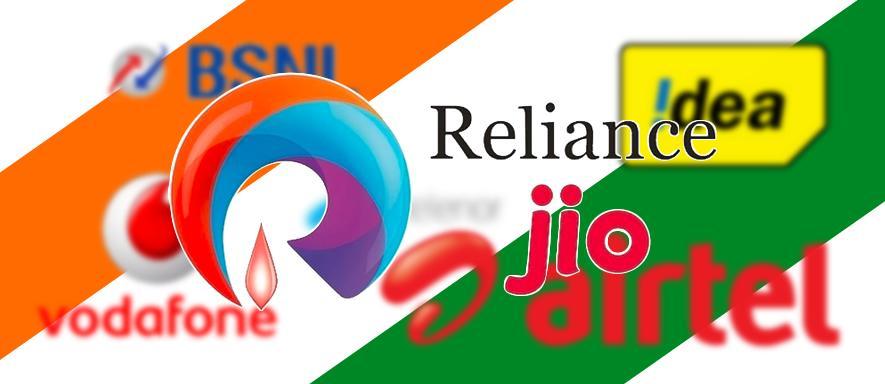India, one of the world’s most competitive telecommunication industries has continued to be shaken following the incessant and aggressive strategy of the country’s richest man Mukesh Ambani. Since he introduced 4G newcomer Reliance Jio to the market in September 2016 – the telecommunications market has been drastically transformed. So much so in fact, that Norwegian multinational firm Telenor quit the Indian sector and sold its operations to Bharti Airtel.
However, many industry analysts are predicting that other brands will disappear – and Telenor is just the latest in a whole number of companies that will be either forced into buyouts, mergers or quick exits from the market as the ‘price war’ continues to intensify - and shows no signs of slowing down.
Head of research at a leading business consultancy in Mumbai, Bhasker Canagaradjou, insists the current market conditions make it next to near impossible for smaller players to scale and grow their businesses. He said, “Most of the smaller players find it difficult to grow on their own and will be looking for exit options.”
In 2010, India’s lucrative telecommunications sector had around twelve organizations vying for customers. However, now there is around half that number and industry watchdogs believe that this number will be reduced to four in the forthcoming months.
Indian tycoon, Ambani sent shockwaves through the industry when he introduced 4G upstart Reliance Jio to the market in September, 2016. He offered free service to those who moved to his network for the remainder of 2016 – and then he incredibly extended this offer to April. In addition to this, customers were offered attractive and significantly cheaper data plans and free voice calls for life. This is inevitably sparked a response from rivals who attempted to counter-attack Reliance Jio in a desperate attempt to stem the flow.
Jio have forced giant entities such as Vodafone and Idea to explore the prospect of potentially merging in order to combat the onslaught from Ambani – while others have simply been forced to call it a day, such as aforementioned Norwegian company Telenor. Telenor’s withdrawal from the Indian market came after Videocon Telecom informed its subscribers that it intended to cease operations. Airtel’s acquisition of Telenor will see its own subscriber base grow by around 40 million – and will greatly enhance its spectrum coverage as it battles to fend off Jio’s ambitious plans.
Airtel's position is also under threat from British mobile phone behemoth Vodafone and Mumbai-based Idea Cellular. Vodafone announced in January that it was in talks to merge its Indian unit with Idea in their own response to Jio. Fitch rating are predicting that the current climate which eventually leave four large operators vying for control. The four operators would be Bharti Airtel, Reliance Jio, Vodafone India and Idea Cellular.
Jio's free services eroded the profitability of its rivals in the recent quarter with Airtel reporting a 55 percent slump in on-year quarterly net profits and Reliance Communications announcing an almost 15 percent slide.










